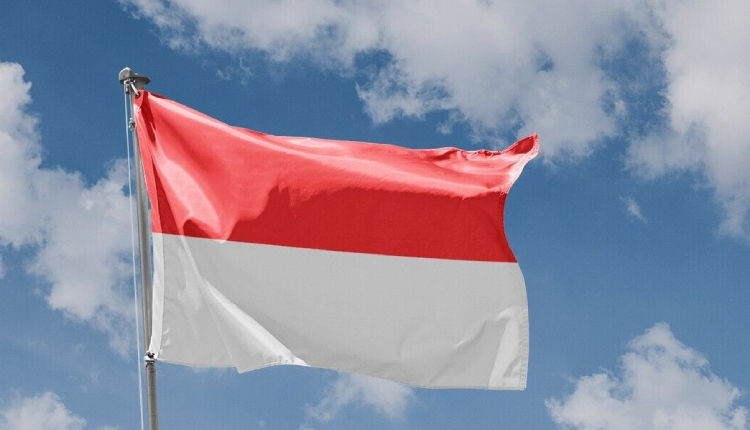Indonesia’s President Joko Widodo inaugurated a new plant for anode materials required for the manufacture of electric vehicle (EV) batteries. The plant has been constructed by China’s BTR New Material Group and Singapore’s Stellar Investment.
The initial investment for the plant was $478 million, with a production capacity of 80,000 metric tons per year. The production commencement date has not been disclosed yet.
Indonesia aims to develop a local electric vehicle industry by leveraging its abundant mineral resources, particularly nickel, a key component in battery cathodes.
“Our decision several years back to develop a big EV ecosystem is starting to materialise in Indonesia, starting when we banned export of raw nickel in 2020,” the president, who is widely known as Jokowi, said at the formal opening of the plant in Kendal, Central Java.
Construction of the second phase of the anode material plant is set to begin in the fourth quarter of this year to double the plant’s capacity to 160,000 tons annually.
An additional $299 million will be invested in the second phase, making Indonesia a major global producer of anode upon completion.
Indonesia is set to become the world’s second-largest producer of battery materials, following China. This local project will help bridge the gap in Indonesia and the ASEAN battery industry, said He Xueqin, chairman of BTR New Material Group.
Indonesia’s initiatives have enticed significant battery and EV manufacturers to invest in local production, such as South Korea’s Hyundai Motor Group and LG Energy Solution.
Attribution: Reuters


